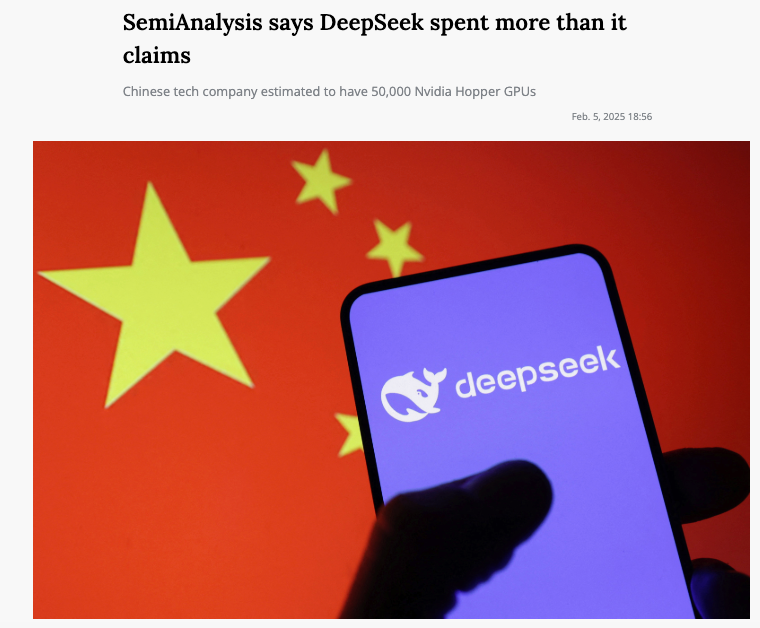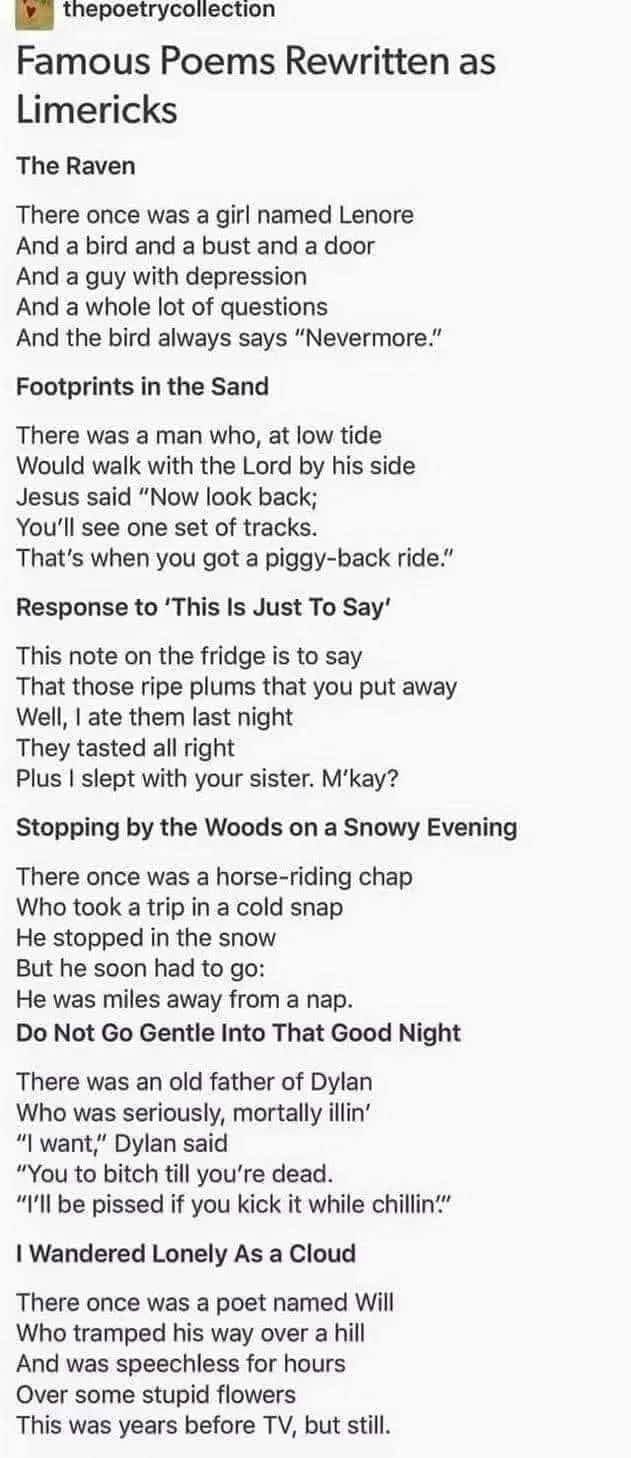What should South Africa do in the face of the sudden emergence of the two-headed Musk/Trump hydra from the depths of the underworld?
Well, I think it's worth asking the expert in this field, Sun Tzu, who famously elucidated in his book The Art of War the tactics to employ when your opponent is larger and better equipped than you.
Just to be clear, I make this comparison partly in jest and only somewhat seriously. Technically, of course, we are not at war with the US. But hey, when you are in a tight spot, all good advice is good advice, so why not consult the master in the field (particularly since the book is used today mostly as a business treatise rather than a document of military strategy)?
It’s logical and smart, as books that have been venerated over generations often are. It is also gratifyingly short - just 13 short chapters. The traditional view is that Sun Tzu was a real Chinese military strategist who lived during the late Spring and Autumn period (c. 544–496 BCE) and served the state of Wu under King Helü. However, it seems as though the book was probably compiled later, possibly during the Warring States period (475–221 BCE), which would make more sense.
Anyway, The Art of War suggests deploying eight tactics when you find yourself between a rock and a hard place; the most obvious is to seek allies and external support. President Cyril Ramaphosa has already started this process, announcing in the State of the Nation Speech that a delegation of “government and other leaders” would be sent to “various capitals on our continent and across the world”. It's hard to imagine an explicit mandate more vague: “This delegation will interact with various key players on a variety of matters that affect South Africa’s interests.” But we all know, there will be only one question: how do we deal with the onslaught of Trump?
Sun Tzu also advises us to use deception and misdirection and exploit the terrain to your advantage when faced with a larger army. I’m not sure how you would translate that into dealing with the two-headed hydra: I mean, how do you misdirect misdirection? Trump now intends to promote “the resettlement of Afrikaner refugees escaping government-sponsored race-based discrimination, including racially discriminatory property confiscation”. Who is going to be the first to tell him the majority of Afrikaans speakers in SA are not, as he clearly believes, of the caucasian orientation?
The terrain problem is particularly acute. This is not a fair fight. The 2024 GDP of SA is about $373 billion; the GDP of the US is $29.18 trillion. When the US grows by 3% in a year, as it has on average, it adds two South Africas each year to its GDP. Trump is a natural bully, which means that hiding behind mountains and fighting on soggy terrain is hardly going to make much of a difference.
But Sun Tzu’s next suggestion is very apposite and something SA’s liberal constituency should bear in mind: Avoid Direct Confrontation. “He will win who knows when to fight and when not to fight," the oracle says. “Do not engage in a full-scale battle unless you have a decisive advantage”.
A friend in the communications industry - and he should know - says the multipronged attack against SA by Trump and his allies is rather like the “eye of Sauron” in the Lord of the Rings series, advising that the best thing to do is just keep your head very, very low down. It must be said that SA is not very good at that because it's imbued with the ethos of making rah-rah pointless gestures just for the sake of doing so, mainly as virtue signalling.
The most recent example - and I am not making this up - is the City of Johannesburg proposing to rename Sandton Drive, a major thoroughfare where the U.S. Consulate is located, to Leila Khaled Drive. Leila Khaled is a member of the Popular Front for the Liberation of Palestine (PFLP) and is known for her involvement in plane hijackings in 1969 and 1970. The PFLP is designated as a terrorist organization by the United States and other countries. At the moment, this idea is “under consideration”. Would it be too much to ask that it should be unconsidered very quickly? Probably.
OK, back to Sun Tzu. The next suggestion is to move with Speed and Mobility. "Swift as the wind, quiet as the forest, aggressive as fire, and immovable as a mountain," is the adage. One sighs slightly. SA is really, really not good at moving as swiftly as the wind. The Expropriation Act, for example, arrived on the president’s desk eight years after the policy of Expropriation Without Compensation (EWC) was adopted at the ANC’s 54th National Conference in December 2017.
Likewise, Sun Tzu’s suggestions that you should Divide and Conquer, Attack Weakness, not Strength, and Engage in Psychological Warfare are equally daunting here. I particularly like the psychological warfare instruction: "If your opponent is of choleric temper, seek to irritate him," the text suggests. Well, I mean, it's hard to imagine someone with a more choleric temper than Donald Trump. Surely there are opportunities here?
Weirdly, I think there is more of a chance with the “divide and conquer” tactic. To be serious for a moment, what Trump is doing is contrary to everything post-war diplomacy recommends, which was oddly enough led by the US. The ideas were shaped around a combination of liberal internationalism, containment of communism, economic integration, and the promotion of democratic governance.
The result was the creation of the United Nations, the establishment of the Universal Declaration of Human Rights, and financial support organisations like the World Bank, the IMF and the WTO. Economic integration and globalisation were established by the Betton Woods system, the General Agreement on Tariffs and Trade. All this happened very quickly after the war.
The containment of communism, symbolised by wars in Korea and Vietnam and by proxy wars elsewhere, is now thankfully over. It turned out that economics, not war, upended the communist system. You could argue that now that the Soviet threat is over, Ukraine aside, the need for economic integration is fading because institutions like the European Union have become much less popular, even among its participants.
But if you think that, you would be wrong because the world is pressing ahead with economic integration efforts at an accelerated pace. The most significant is ASEAN (Association of Southeast Asian Nations), which includes Indonesia, Malaysia, the Philippines, Singapore, Thailand, Brunei, Vietnam, Laos, Myanmar, and Cambodia established in 2005 and going like a Boeing (do we say that anymore?)
Then there is Mercosur in South America, which has been going for some time, and even Prosur (Forum for the Progress of South America), which was established fairly recently in 2019, although its future is uncertain. In South America, there is also the Pacific Alliance of nationals on the other side of the Andes.
And who could forget the African Continental Free Trade Area (AfCFTA), which was only established a few years ago in 2021 There are obviously a lot of problems with all these alliances, but the notion that economic integration is a thing of the past because the UK and the US don’t like the idea is dead wrong - it's on the go everywhere.
Honestly, if I were in the diplomatic corps in SA, I would focus all my best people on AfCFTA and try to put the rest of the world into a holding pattern. As Sun Tzu would say, attack weakness, not strength - not quite the right analogy, but you know what I mean.
There were two other aspects of post-Second World War diplomacy: the promotion of democracy and human rights and the expansion of military alliances and security frameworks. Trump has thrown all of this up in the air, attacking friends more viciously than enemies and pulling back on security alliances like NATO and Seato.
Soft power was part of this process too: the abrupt and cruel closure of USAID is a good example of Trump tossing a great international tool in the chipper. I agree with Samantha Power, the former administrator of the United States Agency who wrote in the New York Times,
USAID “has generated vast stores of political capital in the more than 100 countries where it works, making it more likely that when the United States makes hard requests of their leaders — for example, to send peacekeepers to a war zone, to help a U.S. company enter a new market, or to extradite a criminal to the United States — they say yes. That partly explains why the attacks on USAid's work from within the US government are being welcomed by autocrats”.
“Unless these cruel and immensely counterproductive actions are reversed by the administration … future generations will marvel that it wasn’t China’s actions that eroded US standing and global security, paving the way for Beijing to become the partner of choice around the world. Instead, it was an American president and the billionaire he unleashed to shoot first and aim later, eliminating an institution that is a cost-effective example of what once distinguished the United States from our adversaries,” she wrote.
You can see very concretely the exact effect Power talks about operating in South Africa. During the Russian arms ship The Lady R scandal in 2022, the only thing that made SA launch an inquiry into the event was USAID’s contribution to supporting anti-retroviral medication and the Agoa trade scheme. Both of these are now goners, which means that all the leverage the US government has in SA is also now gone.
In some ways, South Africa is a good example of a middle power trying to sit on the fence between the BRICS bloc and the Western bloc. Now that the fence has been removed, what choice does South Africa have but to throw in its lot with the BRICS bloc?
For supporters of democracy, free trade, and human rights like me, this is all very depressing. But you know, it does illustrate an option that Sun Tzu omitted: just sit tight and let your enemies destroy themselves. Trump’s tantrums are almost by, definition, self-destructive, which he kind of knows - hence the withdrawal of his silly tariff proposals against Canada and Mexico.
There is a funny cartoon going around of Canadian Prime Minister Justin Trudeau and Mexican president Claudia Sheinbaum Pardo on the phone, with Pardo saying. “He lifted the tariffs after I said what we would do was what we were going to do already”, and Trudeau says, “I know, me too”.
Trump says trade wars are easy to win, but actually, they are not; they are easy to lose and hard to win. And that is because trade wars are mutually harmful. Trump’s history demonstrates this: all of Trump’s tariffs (upheld by the Biden administration) may have reduced the US trade deficit with China, but the US’s overall deficit increased. That pattern was maintained during Biden’s presidency, which means China was bypassing the tariffs by exporting through third parties, etc.
Sun Tzu's advice is tailored, obvs, to the situation in which you can’t just be patient because that’s really not an option in war. But in peacetime, it is an option and is used too infrequently IMHO. 💥
From the department of ... it's all going wrong already.

DeepSeek’s newest and most celebrated model, dubbed R1, is more susceptible to jailbreaking versus other AIs, the Wall Street Journal reports.
And ...

From the department of ... well, that's a definite improvement

From the department of ... holy Mary, Mother of God, please grow a pair.

Thanks for reading this post - please do send it to friends, family, and ... if necessary ... enemies. Word-of-mouth recommendations are proven to be the best way to increase your wealth, decrease your weight, and boost your sex appeal. 'Til next time. 💥



Join the conversation